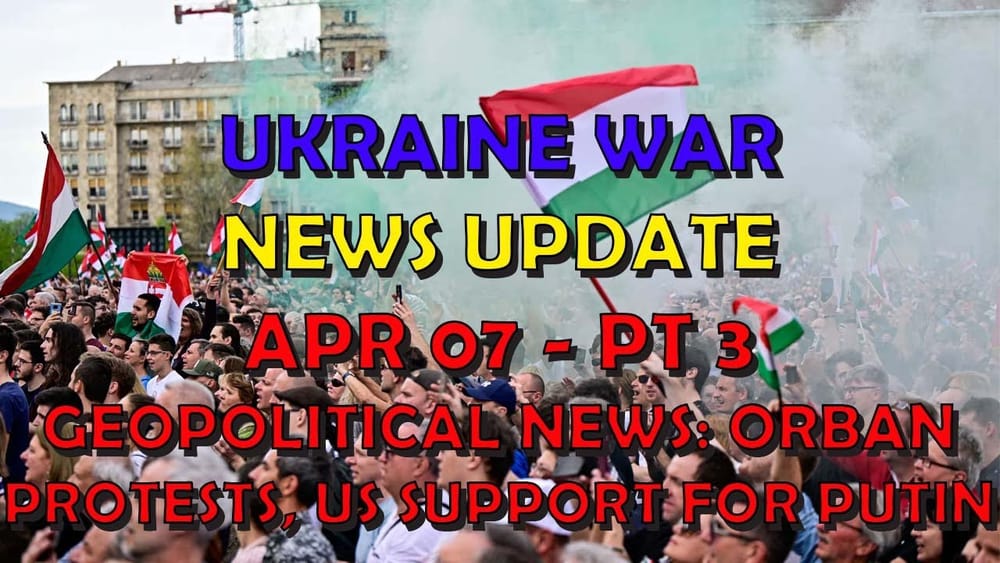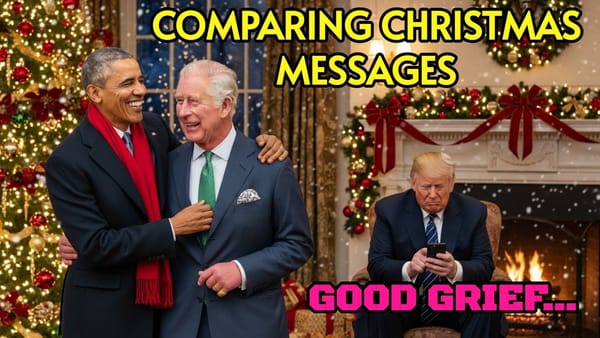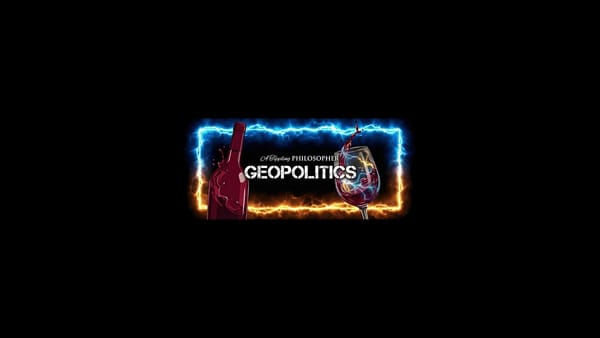Ukraine War Update NEWS: Geopolitical News
Table of Contents 📖
"Putin doesn't need to control everyone, just enough to paralyze. He's now planning to do it with Europe."
Hello Team
🎦 00:00-01:14⏩
Jonathan welcomes viewers to another ATP Geopolitics update, focusing on geopolitical news for the 7th of April 2024. He previews the video's focus on US political dynamics and the concerning trend of some Republicans aligning with Putin's rhetoric.
Return to top⤴️
US-China-Russia Relations and Military Aid
🎦 01:14-01:54⏩
Jonathan revisits his previous discussion on military aid, highlighting US Secretary of State Antony Blinken's warning to allies about the growing cooperation between China and Russia. He expresses particular concern over intelligence sharing, specifically satellite imagery, which may explain Russia's recent success in targeting time-sensitive equipment in Ukraine.
Return to top⤴️
US Congressional Stalemate on Ukraine Aid
🎦 01:54-03:43⏩
Jonathan analyses the ongoing debate in the US Congress regarding aid to Ukraine. He explains the concept of a "discharge petition", which could be used to bypass Republican Speaker Mike Johnson's refusal to bring the Senate aid bill to a vote. He notes there are two petitions - a Republican one proposing loans instead of aid and a Democrat-led petition with a higher chance of bipartisan support. He highlights Ken Buck and Katie Porter as examples of lawmakers who have signed the Democrat-led petition, despite it including aid to Israel.
Return to top⤴️
Growing Republican Opposition to Ukraine Aid
🎦 03:43-08:40⏩
Jonathan discusses a Kiev Independent article exploring the reasons behind the decline in US support for Ukraine, particularly among far-right Republicans. Despite a majority of Americans still supporting aid, vocal opposition is growing on the right. He argues this reflects a broader trend of right-wing populism skeptical of Ukraine, fueled by figures like Donald Trump and Steve Bannon.
- He cites the "Republicans for Ukraine" Congressional Report Card, which reveals a concerning number of GOP representatives receiving low grades for their stance on aiding Ukraine.
- Jonathan links this opposition to support for Trump and his "America First" agenda, arguing that many Republicans prioritize allegiance to Trump over supporting Ukraine.
Trump's Alleged Plan to Cede Ukrainian Territory
🎦 08:40-20:16⏩
Jonathan unpacks a Washington Post article detailing Trump's purported plan to end the war by pressuring Ukraine to cede Crimea and parts of Donbas to Russia.
- He sees this as consistent with Trump's previous statements and the views of his allies, such as JD Vance and Marjorie Taylor Green. He finds it particularly concerning given Trump's admiration for Putin and hostility towards NATO.
- Jonathan argues that ceding territory would reward Putin's aggression, weaken Ukraine's negotiating position, and set a dangerous precedent for international relations.
- He cites Fiona Hill, Trump's former Russia advisor, who believes Trump's approach is naive and fails to grasp the broader geopolitical implications of the war.
The Rise of Christian Nationalism and Support for Putin
🎦 20:16-32:19⏩
Jonathan investigates the seemingly contradictory phenomenon of Christian Nationalists, a group often associated with strong anti-Russian sentiment, expressing admiration for Putin.
- He cites research by Sarah Riccardi-Swartz, a professor at Northeastern University, which suggests that Christian nationalists are drawn to Putin's authoritarian leadership style and his portrayal as a defender of traditional Christian values.
- He argues that this affinity for Putin, despite Russia's actions in Ukraine, highlights the dangers of simplistic, all-or-nothing thinking, where opposition to "woke liberalism" trumps other considerations.
- He provides the example of Mike Johnson, a prominent Christian Nationalist and Republican leader, to illustrate this point. He analyzes Johnson's statements and voting record, portraying him as a figure who prioritizes a narrow, religiously-infused worldview over democratic norms and support for Ukraine.
Protests Against Orbán in Hungary and Russian Influence in Europe
🎦 32:19-41:44⏩
Jonathan shifts focus to Europe, discussing the protests in Hungary against Prime Minister Viktor Orbán, a known Putin ally. He expresses hope that these protests, sparked by corruption allegations, will lead to a more pro-Ukraine stance from Hungary. He then turns to the concerning victory of a pro-Russian candidate in the Slovakian presidential election, further illustrating Russia's growing influence in the region.
- Jonathan emphasizes Russia's strategy of strategically cultivating allies within Europe to paralyze decision-making bodies like the EU. He sees this as a highly effective tactic with a significant return on investment for Russia.
- He highlights the upcoming European Parliament elections as crucial, urging voters to consider the implications for Ukraine when casting their ballots.
- Jonathan also touches upon Russia's outdated view of the UK as a significant geopolitical player, suggesting that Russia overestimates the UK's influence while simultaneously blaming them for a range of issues.
Wrap Up
🎦 41:44-42:46⏩
Jonathan concludes by emphasizing the importance of understanding the complex dynamics at play in both US and European politics, particularly as they relate to the war in Ukraine. He encourages viewers to share their thoughts and engage in thoughtful discussion on these crucial issues.
Return to top⤴️



